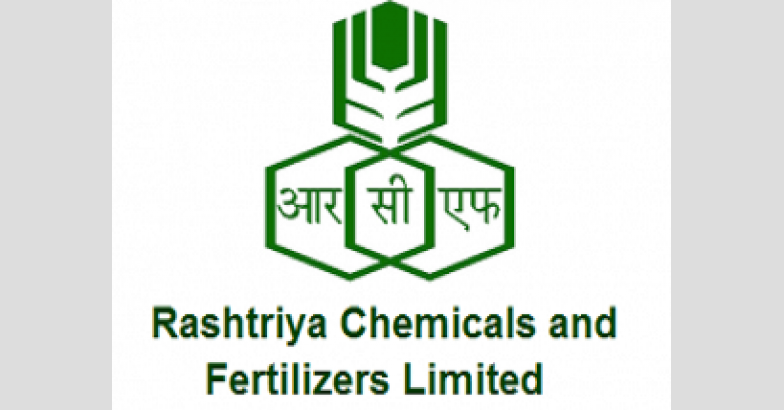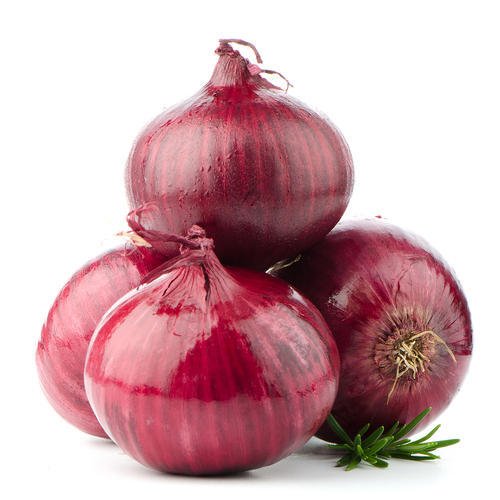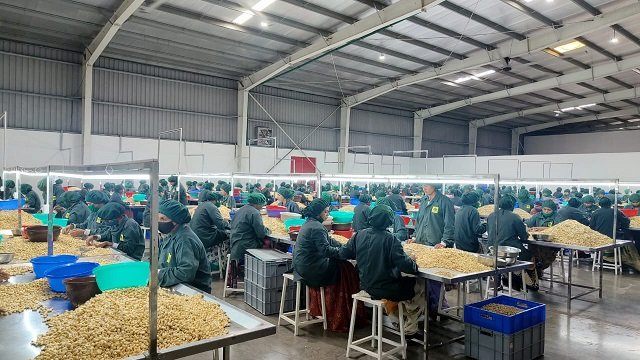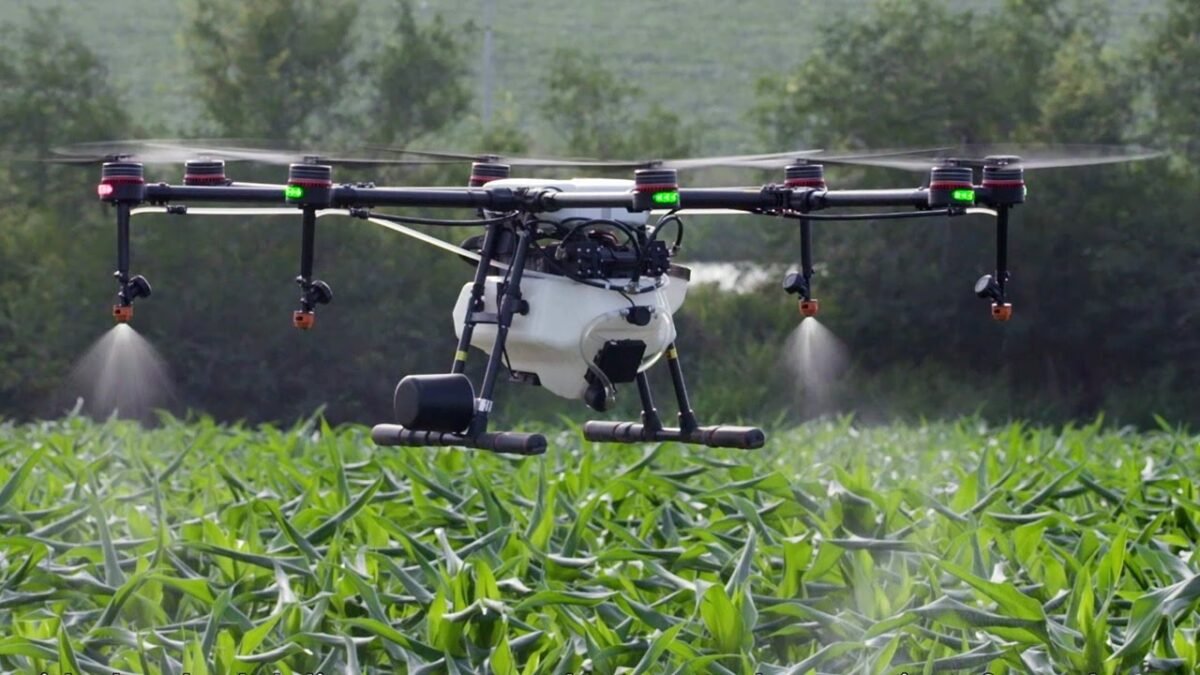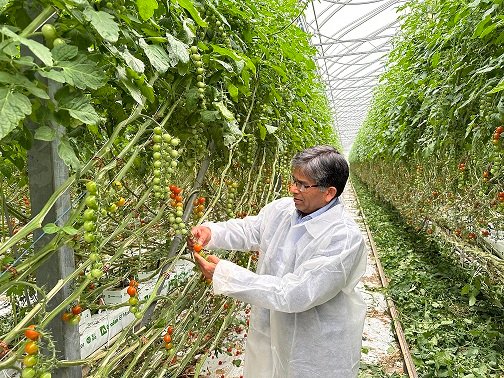Bram Govaerts, director general of CIMMYT receives 2023 Glenn Anderson Lectureship Award
The award honours the legacy of Robert Glenn Anderson (1924-81), eminent Canadian agricultural scientist and former CIMMYT wheat research director.
The Canadian Phytopathological Society (CPS) bestowed on Bram Govaerts, director general of CIMMYT, the 2023 Glenn Anderson Lectureship Award, during the International Congress of Plant Pathology (ICPP2023) in Lyon, France, on August 21, 2023.
A CIMMYT scientist since 2007 as a Post-doctoral Fellow, Maize and Wheat based Cropping Systems Management, and current director general, in 2014 Govaerts received the World Food Prize’s “Norman Borlaug Award for Field Research and Application from the World Food Prize” for the development and spread of sustainable agricultural systems. He is A.D. White Professor-at-Large at Cornell University and, in 2020, was elected a Fellow of the American Society of Agronomy (ASA) for outstanding contributions to the field of agronomy.
As a Robert Glenn Anderson lecturer, Govaerts enters the hallowed company of other distinguished scientists who have been invited to give the address, including Norman E. Borlaug (1992); Per Pinstrup-Andersen, Emeritus Professor of Cornell University (2000), South African researcher Jennifer A. Thomson (2015); and late World Food Prize laureate and CIMMYT wheat director, Sanjaya Rajaram (2019).
The award honors the legacy of Robert Glenn Anderson (1924-81), eminent Canadian agricultural scientist and former CIMMYT wheat research director who helped ignite in India the “green revolution,” a rapid modernization of agriculture during the 1960s-70s and by which that nation went from grain shortages and hunger to becoming a leading grain exporter.
A bioscience engineer and soil scientist who is a PhD graduate from Belgium’s Katholieke Universiteit Leuven and has worked in Africa, Asia, and Latin America, Govaerts gave the keynote address “Agrifood system for a food and nutrition secure world: From efficiency to resilience,” describing in part the relevance of CIMMYT and its partners’ work.
“Early warning and surveillance systems are key to building resilience in food insecure communities and regions,” said Govaerts. “Supporting this, in concert with national agricultural research systems and private partners, CIMMYT crop breeding programs yearly disseminate dozens of diseases resistant, climate resilient varieties of maize, wheat, and dryland cereals, where they are most needed.”
“The Center’s science and partnerships have helped prevent the spread of deadly crop pests and diseases in sub-Saharan Africa and South Asia,” he added, “and we have new ‘Glenn Andersons’ who are doing exactly what is needed to strengthen global food security, with plant health innovations and systemic thinking.”
Borlaug’s wish: Take it to the farmer
Working with scientists, training specialists, extension agents, farmers, and communications and technology experts, a CIMMYT program led by Govaerts for over a decade in Mexico applied the admonition of Norman E. Borlaug, Nobel laureate and colleague of Anderson, to “take it to the farmer,” combining the right seed with the right conservation agriculture production practices embedded in integrated markets, while recognizing and incorporating farmer knowledge.
“Ongoing efforts of the Center and national and local partners are promoting the adoption of conservation agriculture-based sustainable intensification to transform food systems throughout the Global South” Govaerts explained. “The training offered, and the advisory systems supported by CIMMYT’s work aim to empower women and disadvantaged social groups, while offering opportunities for fulfilling livelihoods to a new generation of farmers who will grow nutritious food for all.”
The award honours the legacy of Robert


